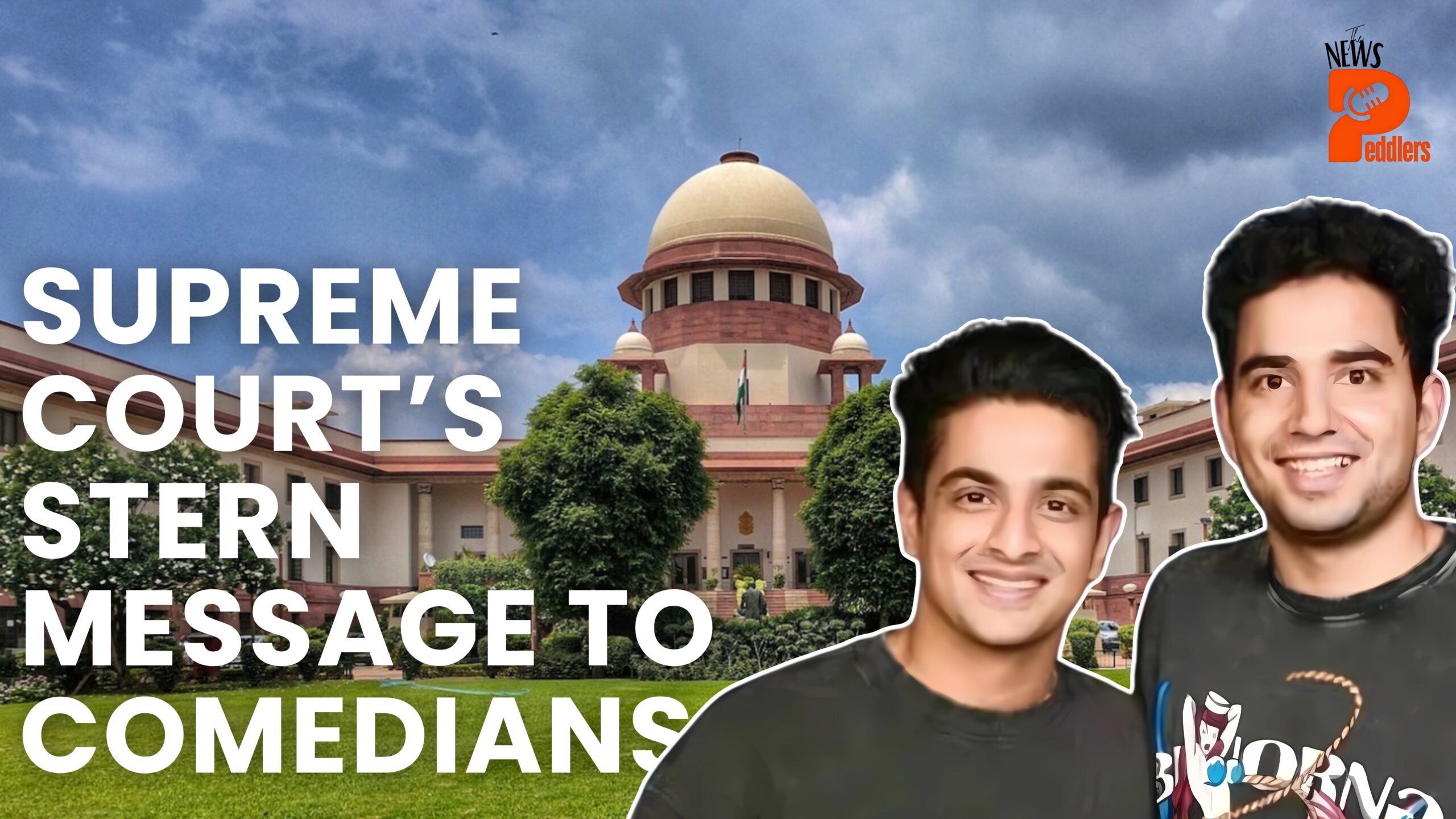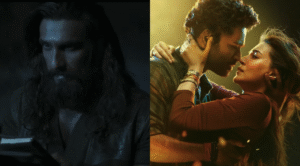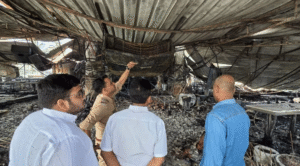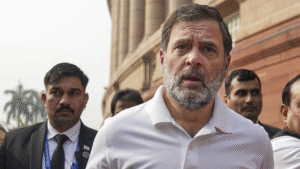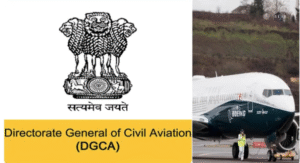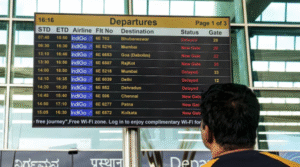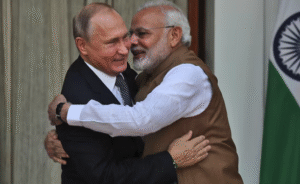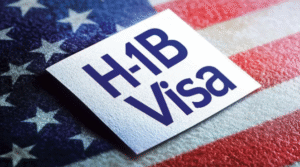Supreme Court Orders Comedians to Apologise for Disability Jokes, Warns of Penalties
Influencers asked to submit affidavits on using platforms to promote disability rights
The Supreme Court on Monday directed five comedians — Samay Raina, Vipun Goyal, Balraj Paramjeet Singh Ghai, Sonali Thakkar, and Nishant Jagdish Tanwar — to publicly apologise for making jokes mocking persons with disabilities (PwDs). The court warned that financial penalties may also be imposed, following a plea filed by the Cure SMA Foundation, which accused the comedians of demeaning PwDs in an episode of India’s Got Latent.
Influencers Told to Take Responsibility
The court further directed social media influencers to file affidavits outlining concrete steps they will take to raise awareness about disability rights.
“Influencers of today should realise that commercialising speech comes with responsibility. The community at large should not be used to hurt certain sections of society,” the bench observed.
Guidelines for Social Media Content
The bench also ordered the Ministry of Information and Broadcasting (I&B) to frame comprehensive guidelines on the use of language across online platforms. These guidelines, it stressed, must be broad-based and account for evolving technology, not merely a response to isolated cases. The Ministry has been asked to consult the National Board for the Welfare of Persons with Disabilities (NBDSA) and other stakeholders.
Samay Raina Case Sparked the Plea
Samay Raina, one of the accused comedians, faced backlash for mocking the treatment of Spinal Muscular Atrophy (SMA) patients, including remarks about a two-month-old requiring a life-saving injection worth ₹16 crore. He also made offensive comments about blind and cross-eyed individuals. While Raina later apologised, the court noted that he initially tried to justify his remarks.
‘Commercial Speech Has Limits’
Attorney General KK Venugopal pointed out that creators often prioritise popularity over ethics, feeding on their freedom of expression. Justice J Bagchi clarified:
“In the overlap of commercial speech and prohibited speech, you do not have the fundamental right to speak freely.”
Justice Suryakant added that punishment must be proportional to the damage caused, warning that unchecked offensive speech could extend beyond PwDs to women, seniors, or other vulnerable groups.
Call for Stronger Regulation
The NBDSA told the court that while it had addressed over 4,000 complaints against traditional media, online influencers and podcasters remain unregulated. The court suggested expert bodies like NBDSA should help draft enforcement mechanisms for digital platforms.
The bench also made it clear that platforms such as YouTube may be held accountable for hosting offensive content. The Ministry of I&B has been tasked with setting up both guidelines and penalties to ensure accountability.


